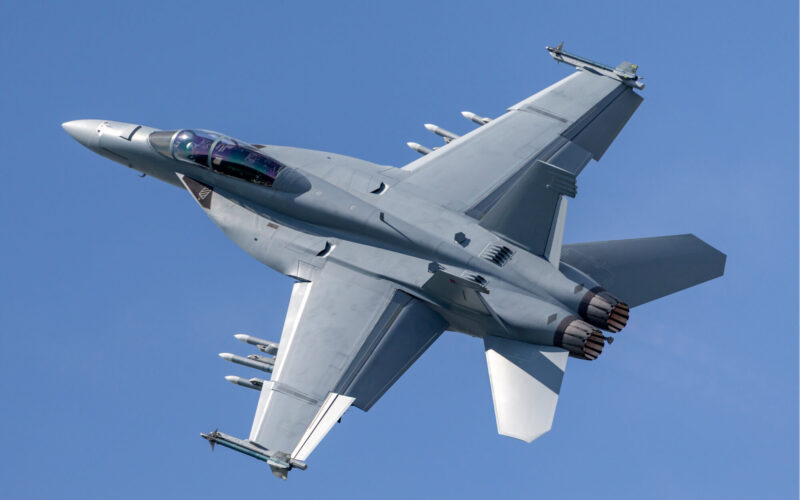Public Services and Procurement Canada indirectly confirmed that Boeing’s F/A-18 Super Hornet is no longer being considered as a possible replacement for the Royal Canadian Air Force’s current fleet of CF-18 fighters.
Only two contenders will be considered for Canada’s Future Fighter Capability Project (FFCP): Lockheed Martin and the F-35 Lightning II, and Saab with its JAS 39 Gripen.
“Today, the Government of Canada announced that following evaluation of the proposals submitted, 2 bidders remain eligible under the Future Fighter Capability Project competitive procurement process,” the department confirmed. “Over the coming weeks, Canada will finalize next steps for the process, which, based on further analysis of the 2 remaining bids, could involve proceeding to final negotiations with the top-ranked bidder or entering into a competitive dialogue, whereby the 2 remaining bidders would be provided with an opportunity to improve their proposals.”
The contract should be awarded in 2022, with the first delivery expected as early as 2025. In total, 88 advanced fighter jets, and their associated equipment and weapons, will be acquired for a contract valued at C$15 to 19 billion (US$11 to 14 billion).
French planemaker Dassault Aviation withdrew its Rafale proposal on November 8, 2018. Airbus Defence and Space and its Eurofighter Typhoon followed suit on August 30, 2019.
Both European manufacturers complained that the requirements surrounding the Five Eyes alliance and the North American Aerospace Defense Command (NORAD) seemed to favor Lockheed Martin in the competition.
“This network has set rules that they refuse to communicate to us and that aim to have their members work together,” Dassault’s CEO Eric Trappier explained in a hearing with the French parliament, on May 22, 2019.

